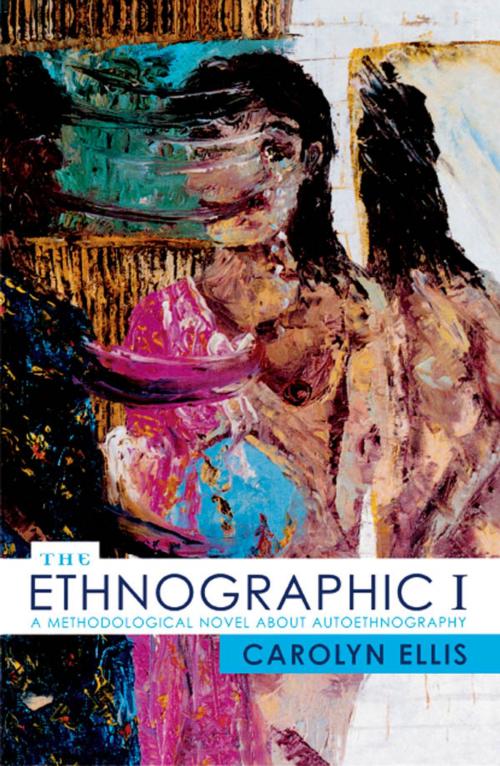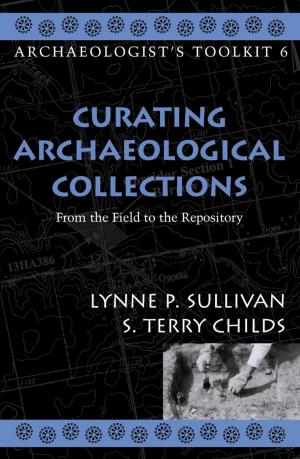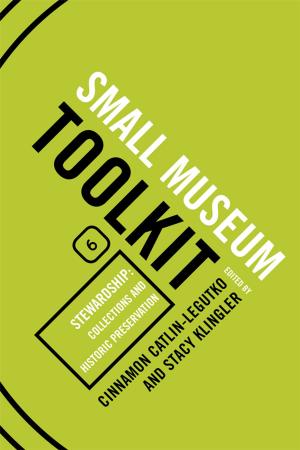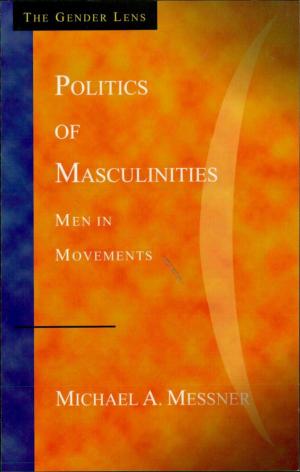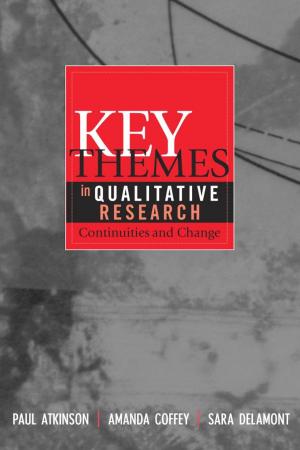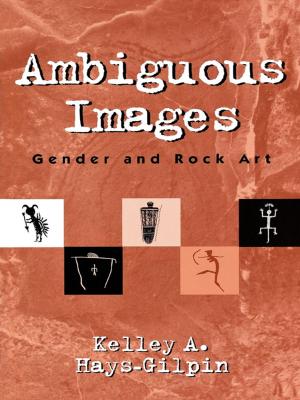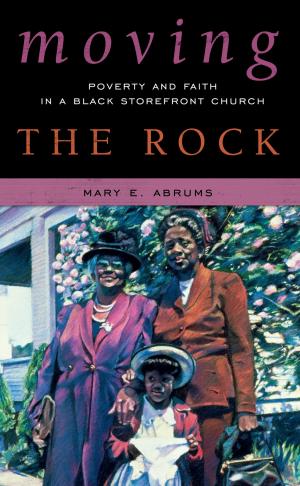The Ethnographic I
A Methodological Novel about Autoethnography
Nonfiction, Reference & Language, Education & Teaching, Special Education, Experimental Methods, Language Arts, Communication| Author: | Carolyn Ellis, University of South Florida | ISBN: | 9780759115866 |
| Publisher: | AltaMira Press | Publication: | January 13, 2004 |
| Imprint: | AltaMira Press | Language: | English |
| Author: | Carolyn Ellis, University of South Florida |
| ISBN: | 9780759115866 |
| Publisher: | AltaMira Press |
| Publication: | January 13, 2004 |
| Imprint: | AltaMira Press |
| Language: | English |
A methodological textbook on autoethnography should be easily distinguishable from the standard methods text. Carolyn Ellis, the leading proponent of these methods, does not disappoint. She weaves both methodological advice and her own personal stories into an intriguing narrative about a fictional graduate course she instructs. In it, you learn about her students and their projects and understand the wide array of topics and strategies that fall under the label autoethnography. Through Ellis's interactions with her students, you are given useful strategies for conducting a study, including the need for introspection, the struggles of the budding ethnographic writer, the practical problems in explaining results of this method to outsiders, and the moral and ethical issues that get raised in this intimate form of research. Anyone who has taken or taught a course on ethnography will recognize these issues and appreciate Ellis's humanistic, personal, and literary approach toward incorporating them into her work. A methods text or a novel? The Ethnographic 'I' answers yes to both.
A methodological textbook on autoethnography should be easily distinguishable from the standard methods text. Carolyn Ellis, the leading proponent of these methods, does not disappoint. She weaves both methodological advice and her own personal stories into an intriguing narrative about a fictional graduate course she instructs. In it, you learn about her students and their projects and understand the wide array of topics and strategies that fall under the label autoethnography. Through Ellis's interactions with her students, you are given useful strategies for conducting a study, including the need for introspection, the struggles of the budding ethnographic writer, the practical problems in explaining results of this method to outsiders, and the moral and ethical issues that get raised in this intimate form of research. Anyone who has taken or taught a course on ethnography will recognize these issues and appreciate Ellis's humanistic, personal, and literary approach toward incorporating them into her work. A methods text or a novel? The Ethnographic 'I' answers yes to both.
